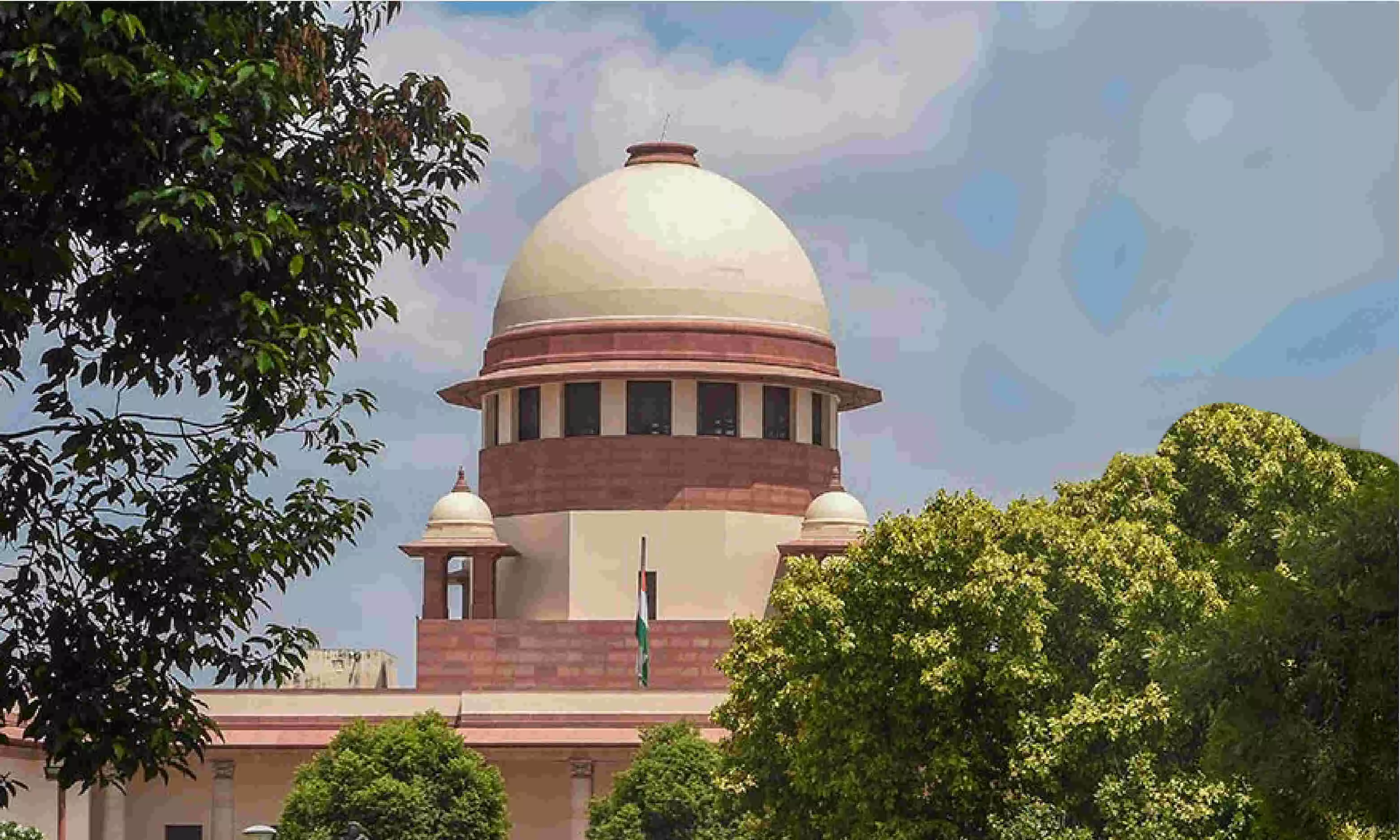
Prosecuting Complaint Barred By Limitation Is An Abuse Of Process Of Law – Supreme Court Holds In A Case Under The Insecticides Act
 |
|The Supreme Court in the case of M/s. Cheminova India Ltd. & Anr. v. State of Punjab & Anr. has held that the complaint filed by the Respondent is barred by limitation and allowing the proceedings on the basis of such complaint which is ex barred by limitation would amount to an abuse of the process of law.
The Appellant Company was engaged in the manufacture of insecticides. When the Insecticide Inspector carried out an inspection in the premises of one of the dealers, it was found that the samples contained active ingredients lesser than the labeled declaration.
It was alleged that the act of the Appellant amounted to 'Misbranding' under the Insecticides Act and sale of such an item an offence under the Act. The Inspector filed a complaint against the Appellant-Company before the Chief Judicial Magistrate, Amritsar.
The Appellant-Company filed a petition before the Punjab and Haryana High Court seeking to quash the complaint on the ground that it was barred by limitation. However, the High Court dismissed the petition of the Appellant. Aggrieved, the Appellant-Company approached the Supreme Court.
The Court found that the complaint was lodged three years after receipt of the analysis report from the lab, which is beyond the limitation period. The State contended that a further report from the Central Insecticide Testing Laboratory was received on a subsequent date, which report is conclusive evidence of facts. It was contended that if the date of the second report is reckoned, the complaint was within the limitation period. However, the Court was not convinced with the State's submission and held –
"When it is clear from the language of Section 469 CrPC that the period of limitation shall commence on the date of offence, there is no reason to seek computation of limitation only from the date of receipt of report of the Central Insecticide Testing Laboratory, Faridabad."
The Court held that the complaint is ex facie barred by limitation and amounts to abuse of process of law.
In a connected case of the same company, the same Bench held that when the Managing Director had admittedly furnished an undertaking to the authority nominating a manager of the company to be in charge of and responsible to maintain the quality of the pesticides manufactured by the Company, the Managing Director cannot be prosecuted on vague allegation that he is overall responsible person for the conduct of the business of the Company and of quality control, etc.
The Court held that "A reading of Section 33 of the Act also makes it clear that only responsible person of the Company, as well as the Company alone shall be deemed to be guilty of the offence and shall be liable to be proceeded against."
The Court quashed the complaint against the Managing Director on this ground.